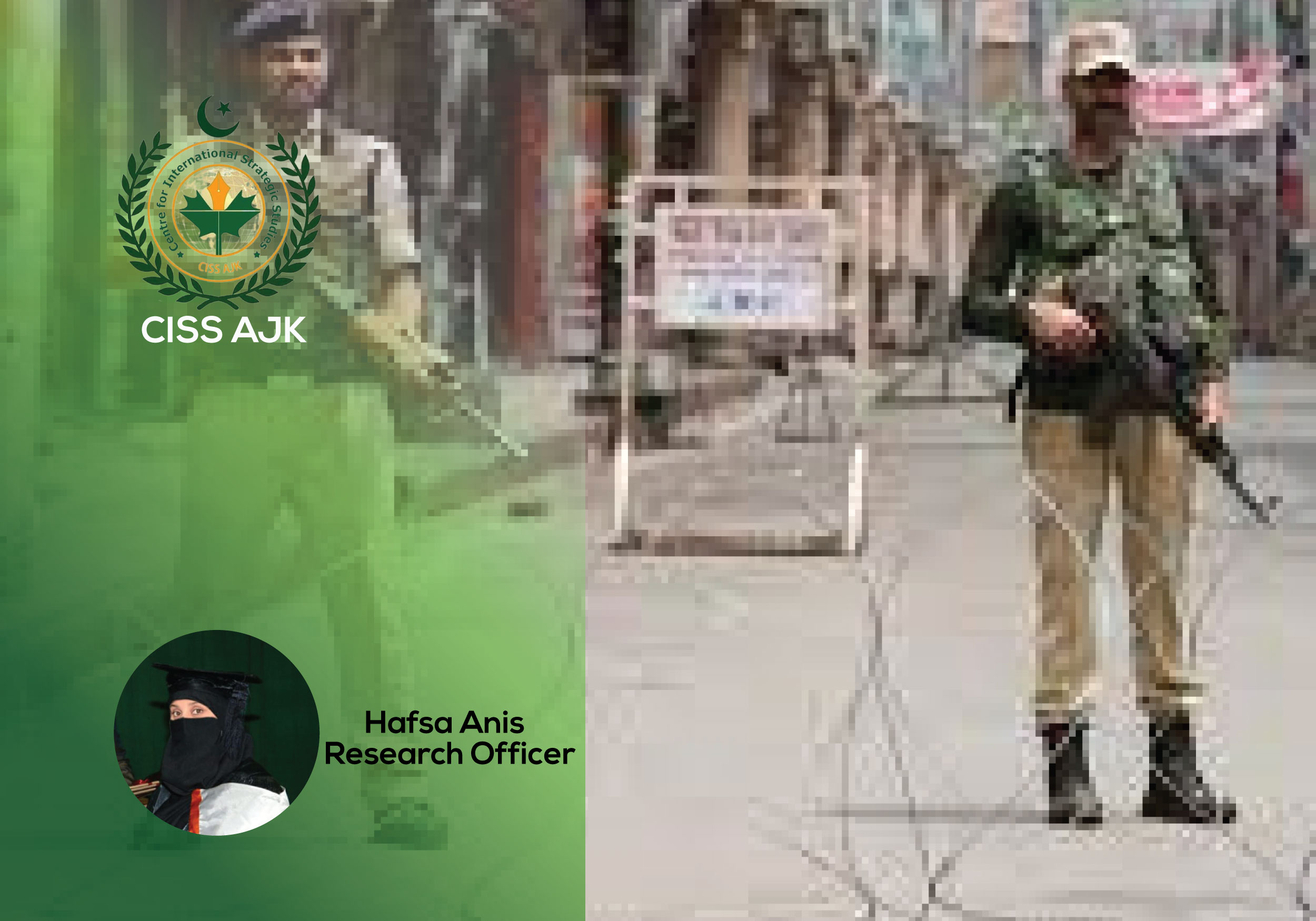After merging state completely and illegally, India is trying to normalize the situation in Kashmir in her favor. By hooks and crooks, India doesn’t want any voice of dissent to rise. And for that, India is now adopting a new (conflict) transformative approach by engaging people in issues like economy, health security and tourism etc. Elections in Kashmir are expected next year. These elections are held for the first time after the revocation of autonomy. Although there is no significant enthusiasm for these elections in the atmosphere of Kashmir, the reality is that these elections will help India’s new transformative approach in Kashmir to succeed.The delimitation commission formed a week after revocation of autonomy has proposed to increase seven seats for Jammu and only one seats for Kashmir valley. Also there are seven seats for scheduled castes in addition to nine seats for scheduled tribes. Now Kashmir valley has total 47 seats for population of about 7 million (1 constituency per 1 lac 46 thousand people) while Jammu has 43 seats (1 constituency per 1 lac 30 thousand people) for 5 million. Such allocation of constituencies (seats) especially adding scheduled castes supports demographic change. Furthermore, the new constituency allocation will facilitate the selection of chief minister from Jammu on the Muslim majority population of Kashmir valley. All local parties are contesting elections. Although they are voicing and promising to voice for the restoration of autonomy, yet the emphasis is on the development and governance reforms. The slogan of autonomy restoration sounds just an additional spice in whole dish to enhance the fragrance. Mehbooba Mufti and Umar Abdullah are not contesting the elections, but that is not because of any principal stance on the revocation of autonomy. It is more because of protocol. Both party chiefs have worked under the chief minister, but in new status of union territory, they will have to work under Let Governer. Altaf Bukhari, with his newly formed “Apni Party” also added the restoration of autonomy as the party’s objective, but it seems a stunt just like Sheikh Abdullah used to keep green handkerchief to gain the sympathies of public. Mainstream media mainly addresses and reports the local administrative and governance issues. Social media outlets also follow the trends and keep their focus on the problems highlighted in print and electronic media. This focus shifting is more because of fear of Indian oppression against any dissenting voice but this is an essential step towards narrative building around domestic issues rather than the politics, especially politics of conflict. Pumping money to transform the political situation has always been a used by India. A few weeks before election in 2014, PM Modi visited Kashmir and announced a package of 80,000 crores for the development of IOJK. This factor complemented the struggle of BJP workers, and first time in 50 years of its existence in IOJK, BJP bagged 28 seats in legislative assembly. It’s a separate debate about how the promised package was used and where? But it contributed to the victory of BJP. People’s Alliance on Gupkar Declaration (PAGD) Gupkar Alliance in this situation seems to have lost all its relevance and strength. Founded by 7 local parties, the objective of PAGD was to fight for restoration of autonomy. But initially, during District Development Council (DDC) elections Sajjad Lone of PC isolated his party from Gupkar Alliance and then the differences between NC and PDP over the participation in meeting of commission has caused the objective of alliance die its natural death. Anti-India sloganeering by different political parties in IOJK as a political stunt is nothing new. This sloganeering has always worked as a parameter of how much people have anger for India. But the fear is so deep rooted now that no one seems to be attracted to chanting such slogan. Neither does any leader of the so called PAGD have spine to stand firm in such a situation. This is a fact that this kind of transformative approach only works for a short time unless the grievances of grass root level stakeholders are addressed. Conflict may go to a latent phase, but it will erupt eventually. The long lasting solution cannot rely on such attention diverting things. Instead, it will create a “pressure cooker” situation which will blast if the heat continues. (The writer is research officer at Centre for International Strategic Studies CISS AJK)
New Transformative Approach of India in IOJK and relevance of Gupkar Alliance
740



